How do you handle database changes during a deployment?
Whilst deployment services like DeployHQ will generally only handle file changes, it can be necessary, particularly when deploying a major release of your app, that changes might need to be...

DeployHQ is a code deployment platform designed to help you get files from Git, Mercurial & Subversion repositories onto your servers using SFTP, FTP, S3, Digital Ocean and more!
Our products pack a punch when it comes to features and it would be easy to miss some of them. Here we post helpful tips & tricks about how to use our products & services.
Displaying posts 85 - 96 of 104 in total
Whilst deployment services like DeployHQ will generally only handle file changes, it can be necessary, particularly when deploying a major release of your app, that changes might need to be...
DeployHQ has always been flexible and easy to use with a variety of different servers, with support available for FTP, SSH/SFTP, and other proprietary services and protocols such as AWS...
Many websites take advantage of specific frameworks and runtimes to help with development. One such technology is Node.js, which is an open source JavaScript runtime.
DeployHQ offers many security configuration options for your account, such as enforcing two factor authentication, IP restricted access, and granular user restrictions.
We’ve recently implemented new functionality for DeployHQ users, which allows for a geographical zone to be selected on a per-project basis. This means deployments will run from a server within...
As a large hosting provider, Amazon has a number of different methods for storing your website or app. One popular protocol is AWS S3, which can be connected to using...
A guide on how to migrate from standard deployments over to atomic deployments in DeployHQ for zero downtime.
In celebration of that belief and in appreciation of the service DeployHQ provides our team, I’m happy to share a “jig” our team built to bootstrap new projects.
In a lot of modern web applications, a number of assets or dependencies are generated separately from your normal development cycle. For example, you might be compiling some JavaScript, fetching...
Two factor authentication is a good way of increasing account security, by adding a second step to the normal login flow. In the case of DeployHQ (and other aTech Media...
You may be deploying your code to more than one server, which can be particularly inconvenient when it comes to making sure all of your servers are running the same...
There may be cases where you don't want some users to be able to deploy to certain servers in a project. For example, you may have a production server that...